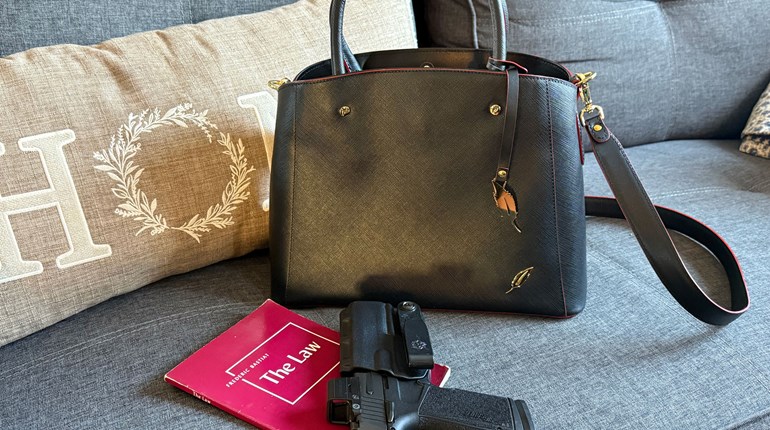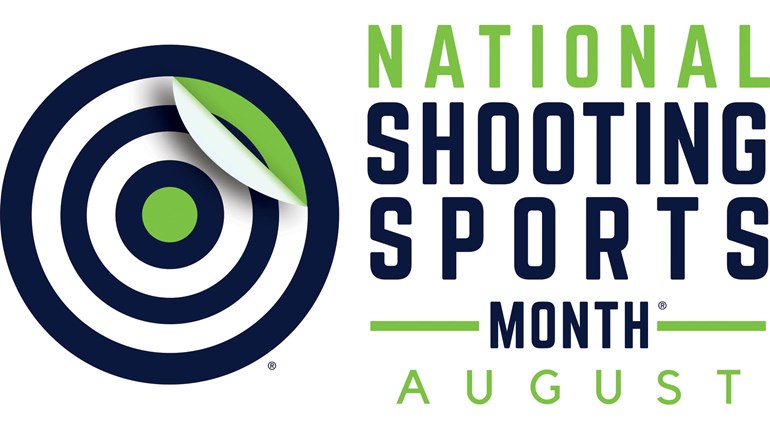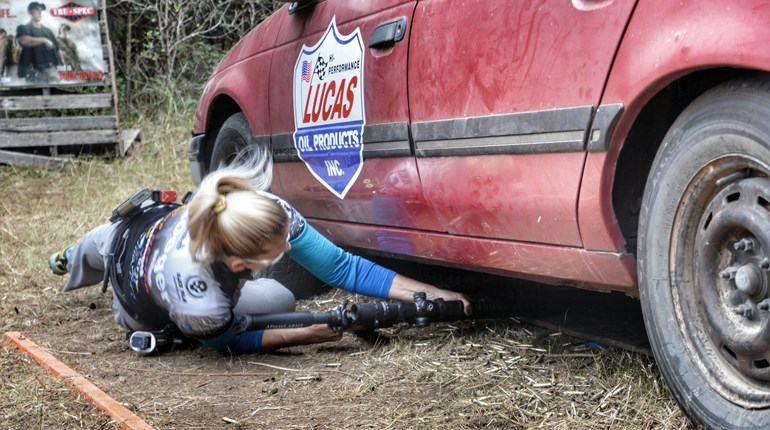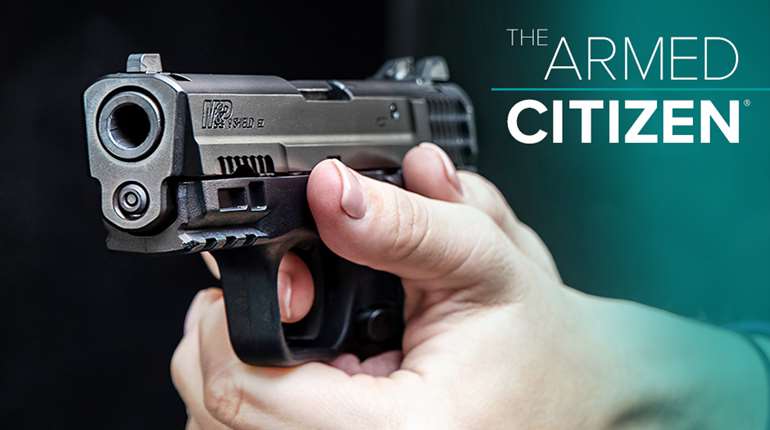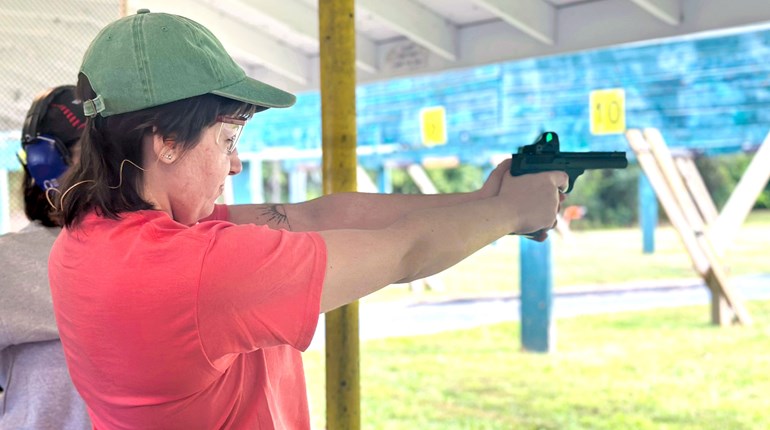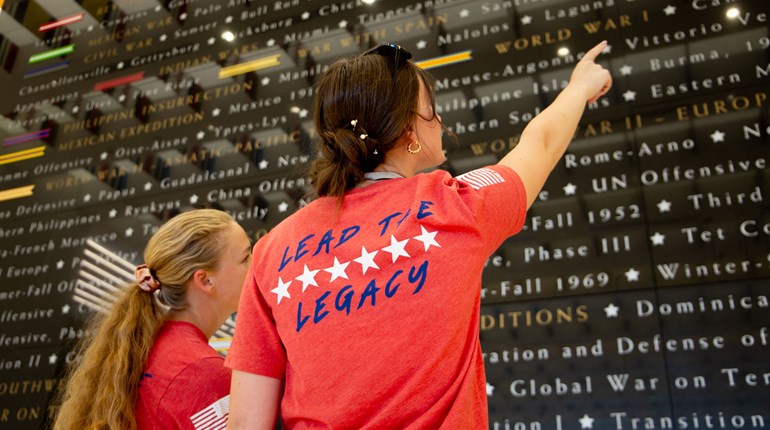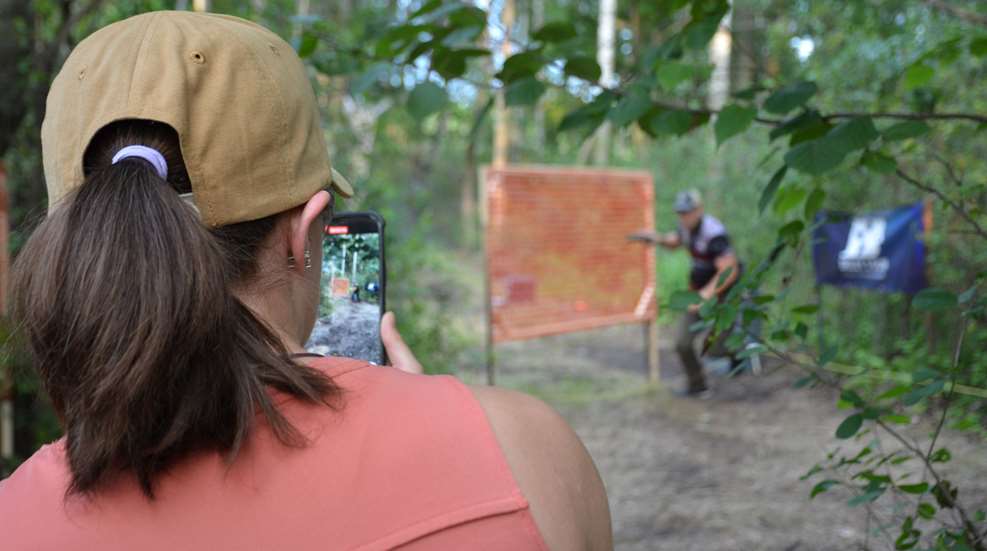
Do you want to learn new skills with firearms and become more confident handling them? Stepping into the shooting sports might be just the thing to “up your game.” Here’s why shooting sports can make learning so engaging and how best to start participating.

Learning through Play
One of the easiest ways to learn something is by playing a game. From childhood on, we know that engaging the human brain via games to better captivate the person learning can shorten the learning curve. There are so many implications to using play and creating an environment where the people learning are curious and motivated. This applies across all areas of life. Most people are happy to learn new skills and retain new information. If we can speed that process up, why wouldn’t we? In the world of firearms skills and safety, participating in a shooting sport (a game) can help new participants learn information and ingrain important skills (like safety habits).
The dopamine reward from doing something correctly and winning (even if the win is just completing your first stage or event), is an actual reward for engaging your brain and body in the shooting sports. Scientists call this the “dopamine reward circuit.” But it essentially means that when we get a dopamine boost, it furthers our desire to do the same thing again. Which is part of why shooting sports can be so addictive - while you might just be competing against yourself and the ability to improve with every try, you also compete against others. And the feeling you get with success, well, it gives you that good feeling (dopamine reward) that your brain wants.

Barriers to entry
On the downside of shooting sports are barriers to entry. It can be confusing to figure out the rules and gear requirements for the plethora of shooting sports out there. It can also be costly. These two barriers to entry can be mitigated by a couple simple steps:
Find a Mentor
This is going to be the least stressful and probably fastest way to get into any shooting sport. A mentor can help you because that tends to be someone you already know, and who will likely have a working knowledge of what events are nearby to you and what gear you need.
Take a class, if you don’t have a mentor. There are often top-notch instructors offering classes in conjunction with a match or event. This can take you from “new shooter” to someone with the basics mastered in a few short days. And learning from someone with experience is a great way to ensure that you are safe and do not develop bad habits that might be difficult to break down the road.
If you don’t have a mentor in your area, get to the local events that you want to be part of and start there - make friends. Find out if there is any sort of new competitor opportunity or introductory class. One of the best online tools for finding shooting matches and events is Practiscore. It is a free scoring platform most shooting sports around the world use to register for events and track scores as events happen. You can even search for clubs local to you.
Borrow or Rent gear (or buy used)
The next barrier to entry that doesn’t really have to be a barrier is gear. You wouldn’t buy a pair of jeans without trying them on—why would you try a gun or shooting sport without testing it out?
Rentals at ranges that might hold an indoor league are one good place to start. Attending a match with your friend who’s asked you and you’ve never had the nerve to say “yes” is another. And if neither of those options is available to you, consider renting several firearms for the sport you want to try out and seeing how you like them. Then, start searching for used guns and gear. There are online forums and even local shops where you can ask about consignment items. Many gun shops do this. It is another way to make friends and find mentorship. Smaller, private shops have motivation to engage local customers and often have staff that participate in competitions as well.

There’s a caveat to add to this: As a new competitor, seek the mentorship of someone more knowledgeable for any used purchases (even what to rent). Often, competitors who are changing divisions or upgrading might have something that’s suitable for your first year or two. GunBroker, Armslist and others are all places to start. And if you find what you want online, your local FFL retailer will likely be part of the process in your purchase to do the paperwork—so check out your local FFL too!
Get out there and learn!
Don’t be afraid to try the shooting sports. If you don’t have a lot of time, find an organization with a local chapter, and you’ll likely find a mentor, loaner gear to try, and a whole world of friendship and opportunities waiting for you in the shooting sports!












